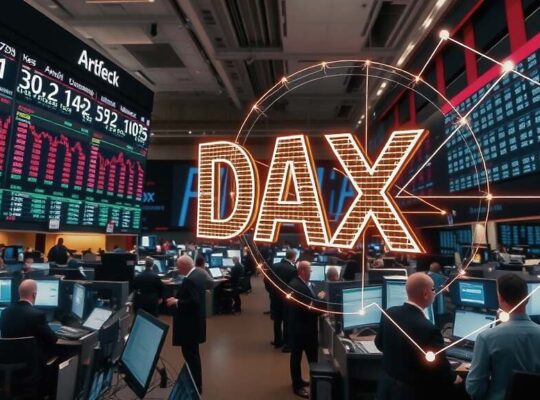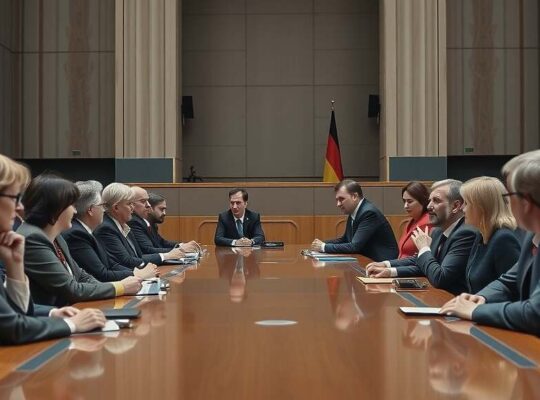Germany’s Foreign Minister, Johann Wadephul, has signaled a renewed push for accelerated EU accession for the Western Balkan nations, framing their integration as vital for both regional stability and Europe’s long-term security. Ahead of a regional tour, Wadephul underscored the perceived “indissoluble” connection between the six nations – Albania, Bosnia and Herzegovina, Kosovo, Montenegro, North Macedonia and Serbia – and the European Union.
While acknowledging a palpable “realistic chance” for tangible progress in accession talks, Wadephul emphasized that this opportunity is predicated on robust reform and adherence to core European values. He cautioned that the “legitimate expectations” of citizens in the region, fuelled by years of commitment to the Berlin Process and EU promises, must be met with demonstrable results anchored in a performance-based approach.
The Minister stressed the willingness of many Balkan states to undertake “far-reaching reforms” as a prerequisite for EU membership, highlighting the imperative of assuming responsibility, even when facing difficult choices. He explicitly stated that upholding the rule of law, combating corruption and guaranteeing fundamental human rights remain non-negotiable conditions. While praising the recent advancements made by NATO allies Montenegro and Albania, Wadephul indicated that other nations in the region still have considerable ground to cover.
Beyond political reforms, Wadephul identified the diversification of energy supply as a crucial element for strengthening long-term independence and sovereignty in the Western Balkans. He positioned Germany as a pivotal partner in this effort, warning against the risk of leaving the region vulnerable to forces seeking to undermine democratic institutions. “Only by ensuring a strong and stable Western Balkans can Europe maintain its strength from within” Wadephul stated, implicitly signaling a strategic imperative to counter external influence and safeguard European security interests. However, critics are likely to question whether Germany’s renewed commitment is accompanied by a willingness to overcome existing bureaucratic hurdles within the EU and address the concerns about conditionality that have historically hampered accession progress.












